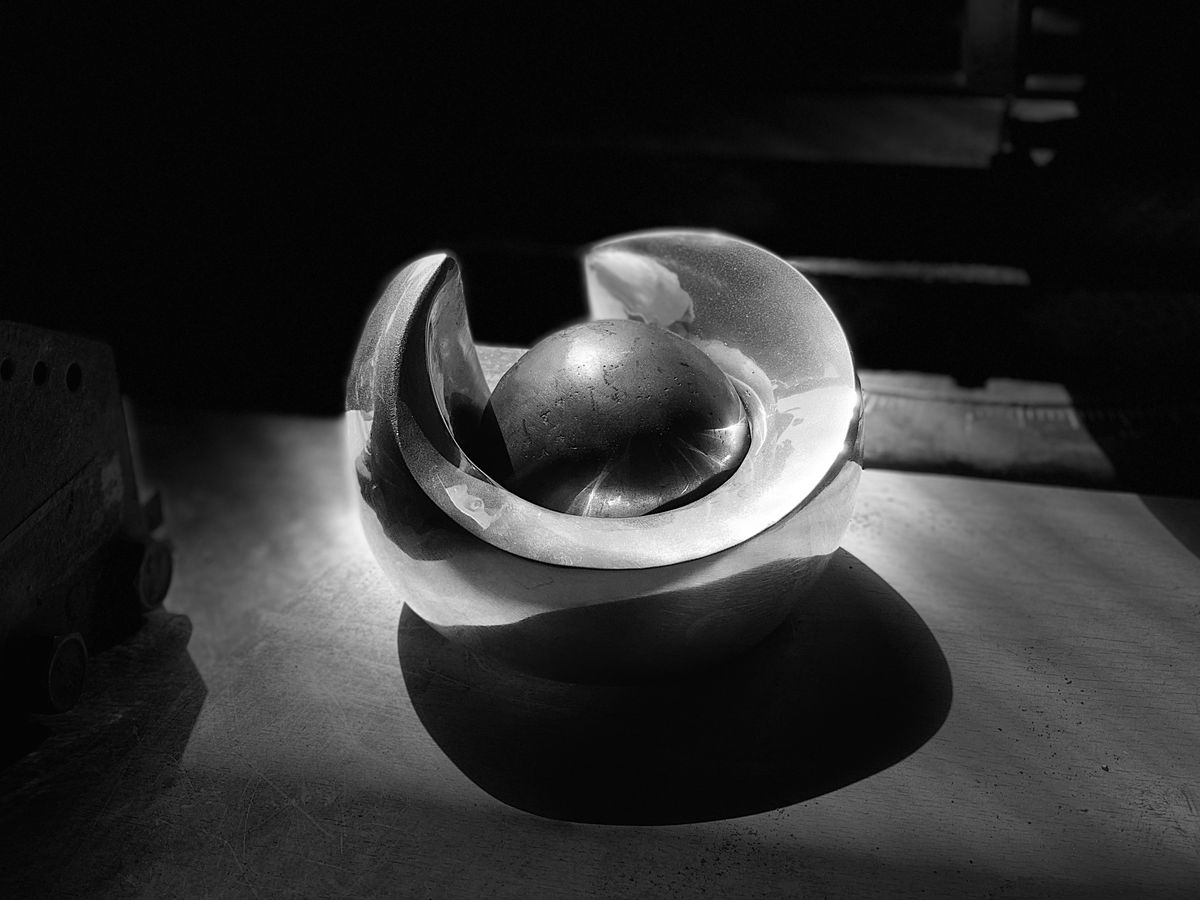Beyond Profit: Why Trust and Integrity are the Key to Thriving in Modern Business
Today we are going to explore the importance of trust and integrity in business and ethics. This is a true story, one that happened in the midst of the war in Yugoslavia. My father owns an art foundry. During the 75 years of the company's existence he employed a wide variety of people from the countries surrounding Croatia, as well as immigrants.
At that particular point in time they were in the process of building new company premises and he hired a bunch of young Albanian workers. They were extremely hardworking but almost deaf silent. My father always thought it was due to them not knowing how to speak our language. The oldest was 24, they all had 2 or 3 kids. Our story focuses on Rasim, the youngest Albanian employee.
They were working for two months when Rasim first approached my father and asked if they could have a private conversation.
"I need 5000 German marks to go home and fight alongside my brothers."
There was a war blazing all over Yugoslavia. Back then, nominal salary in Croatia was 100 DM. Five thousand was considered a fortune.
"Rasim, that's a vast amount of money" - my father responded.
“There's only one condition. You have to give me your word that you'll pay me back.” Besa, he said. In Albanian, 'Besa' means a strong commitment and my father knew that.
Being in particularly good mood my father unconsciously believed this traditional Albanian word of honor could dramatically effect the outcome of repayment.
However, it did not, not at that time at least.
Years passed and my father's business was steadily declining, something standard in post war, transitional countries. Nonetheless, he continued to relentlessly push the boundaries of both his business and his beliefs.
Years later, during another project, something magical happened. It was a hot day in Zagreb, especially so in an art foundry. One can imagine the sweat dripping down a dust covered worker's forehead when casting metal above 35 centigrades under the blazing sun. The sound of incinerator fans was suddenly interrupted by roaring engines of two black BMW 7s steadily approaching the big metal doors of the foundry. Black BMWs were contrasted by the Soprano-style white undershirts of my father's workers.
The war might have ended but danger still lurked in the outskirts of cities - you had to be ready to protect your land at all times.
As they drew nearer, my father carefully reached for his gun from the nearby drawer.
“Are you Zdravko?” - the thug asked vigilantly. “Yes!” - he responded.
We are Rasim's brothers. Unfortunately, he died during the war but before his death, he had a promise to keep. He told us that you loaned him 5000 DM so that he could go home and fight alongside his countrymen. We're here to repay that debt. That really stuck with my father, who didn't believe he'd ever get his money back. More so, that struck a cord with him – a man's word is his bond.
The young gentlemen even asked to repay the 5-year interest rate for the amount of time that had already passed. My father declined.
My father remains a generous man, but he learned a valuable lesson that day. It was an old lesson that crossed language barriers, one that should still stand as a cornerstone of modern society.
Today we have notaries, digital signature platforms and cold signed NDAs. But still, there's something missing. Perhaps, it's that feeling of respect that comes with verbal promises and honoring one's word.
Remember Besa when you make a promise. In a world where the word integrity is quickly losing its, we should really start rebuilding trust. There's no better way of doing that than honoring your word.
BESA
The Albanian besë - besa is deeply rooted ethnic rule and highly important part of the Kanun Code obeyed by person and family through history. Besa means "to keep the oath" and "the word of honor" which creates a situation of inviolable trust. One who acts according to Besa is someone who keeps his word, someone to whom one can trust one's life and the lives of one's family. Besa can not be sold or bought in a bazaar; Albanians would die rather than break besa; Besa is worth more than gold.




Comments ()